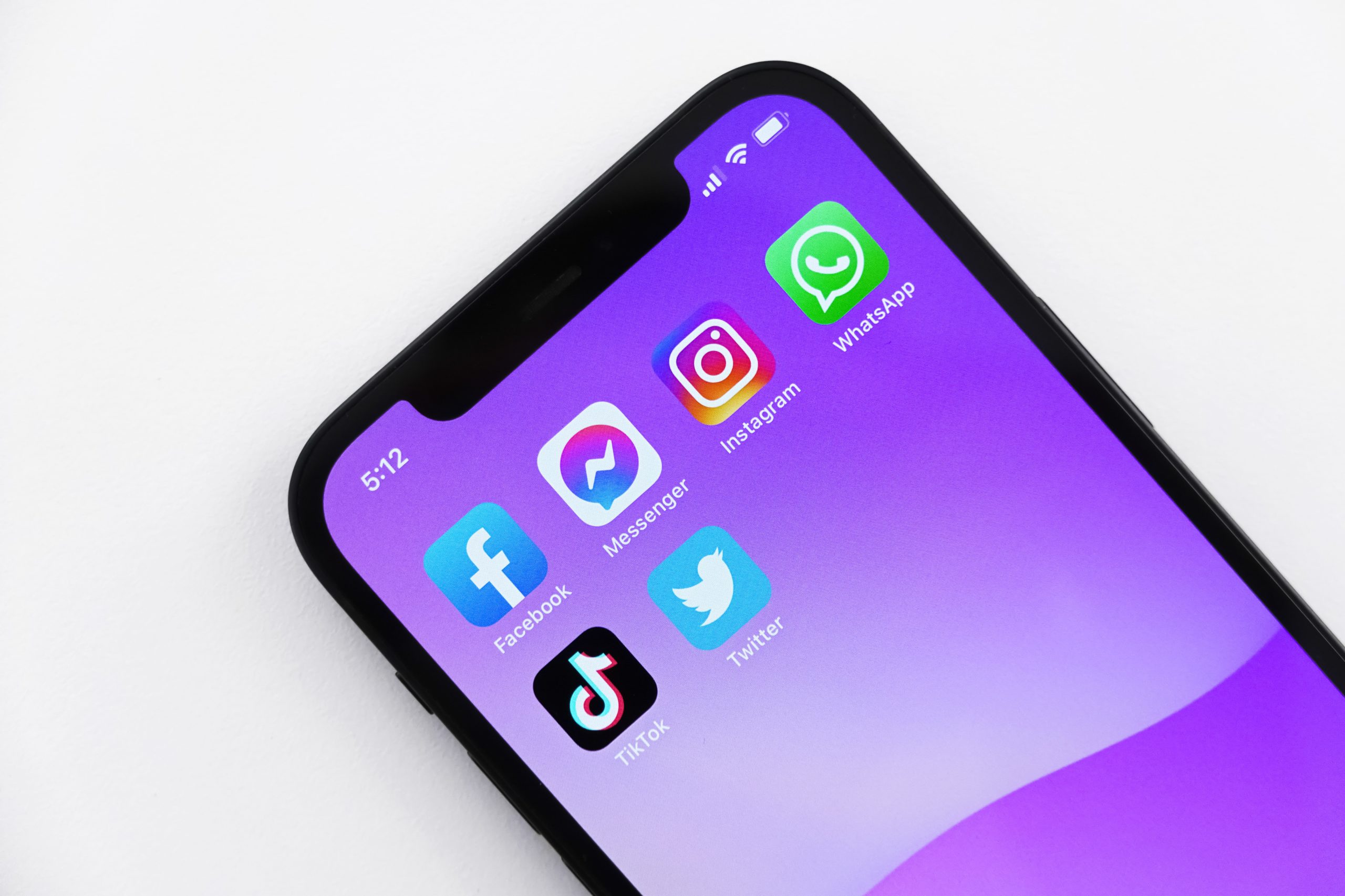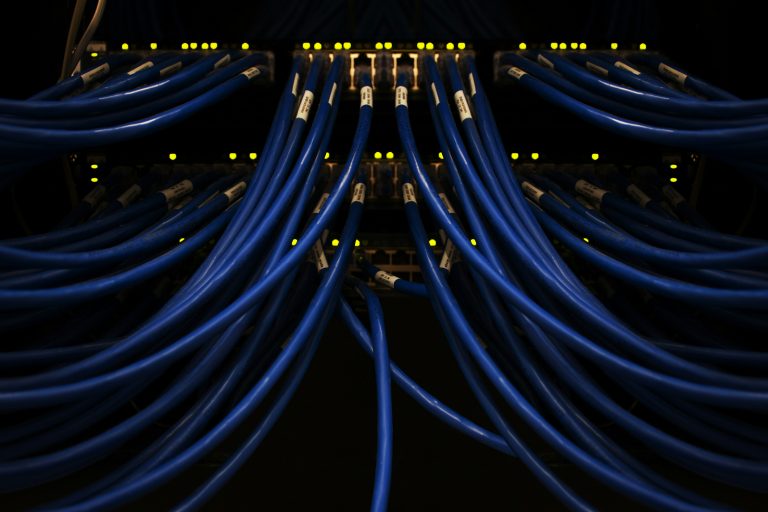Social Media Proxies: A Quick Guide
A social media proxy is a server that stands between you and social media platforms like Facebook, Instagram, and TikTok. The proxy routes your traffic through itself and lets you use its IP address and location instead of your own.
By and large, social media proxies are optimized for different use cases on social media. Those could include multiple account creation and management, scraping, and others. Proxy IPs are popular both among businesses and individual users.
Why You Should Use Proxies for Social Media?
- To boost automation. Social media platforms are rigorous about using bots for automation because they manipulate the ranking algorithms. If you’re caught, your IP address might get blacklisted. But marketers use bots to increase likes, views, followers, or subscribers. Social media proxies hide your IP address and location, so you remain undetected.
- To create and manage multiple social media accounts. Most social networks allow up to five accounts from a single IP address. When you pass that limit the platform gets notified and might block your IP or suspend the account(s). Social media proxies are a must if your business needs to access multiple accounts for your own goals or on behalf of clients.
- To unblock social media platforms. If your IP was 1) blocked at work or school from using social media, 2) flagged because of inconsistencies in your behavior, or 3) hit by geo-restrictions, you can get a new IP address to, for example, unblock Instagram.
- To scrape publicly available data. Social media scraping can serve both commercial and research purposes. However, data gathering without proxies is very slow, and even then it can get you blocked. With rotating proxies, your web scraper can work uninterrupted.
- To access more content. Marketers use location-based marketing strategies to target users by their location. Since proxies can change your country, you can produce personalized content for different audiences.
The Best Social Media Proxies
With social media proxies, most of the general rules for selecting a reliable proxy service apply. You should consider the features you need (for example, IP rotation), opt for providers with large proxy pools, and go for a paid service. However, social media platforms also have particular requirements that concern the proxy server’s type. Here are the ground rules:
Residential proxies are IP addresses borrowed from real users’ devices. They’re the most popular choice for social media since they maintain an outstanding balance between quality and price. There are two types of residential proxies: rotating and static (ISP). Rotating IPs do wonders with creating accounts in bulk and web scraping. ISP proxies will give you a hand with managing multiple social media accounts.
Mobile proxies have the best reputation and the highest price, but are the most effective. Social media platforms are reluctant to block IPs that come from mobile devices. They might be an overkill for less restricted platforms like Twitter or Reddit but a perfect match for Instagram.
Dedicated datacenter proxies are the cheapest option that works with more lenient platforms like Twitter or Reddit. These proxies come from cloud service companies, so websites know they’re rarely used by individuals (and often by enterprises, VPNs, or bots). That means your IP address is more likely to raise suspicion. They can still work with managing accounts on a budget if you know what you’re doing.






